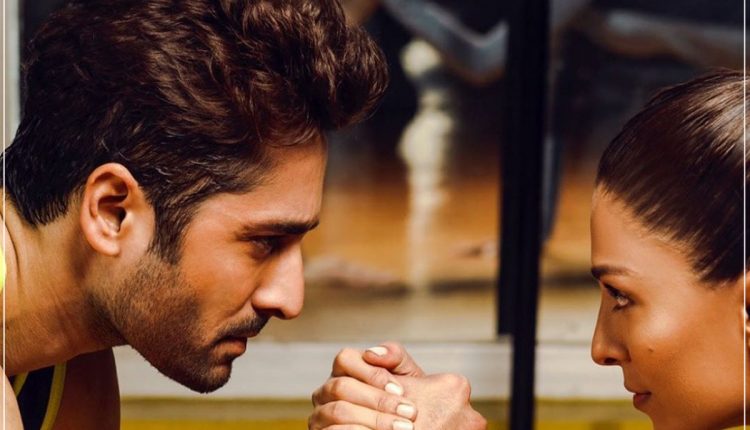
Four sex-education tips newly-weds should know about
It is too common a sight in Pakistan to find a potential bride and/or groom to be filled with anxiety a day or two before their wedding. While some might argue that this anxiety is due to thoughts of the new life they are going to start and the responsibilities that come with it, a shrewder person might argue otherwise.
While some of that anxiety may be devoted to that, a better part of it is because of something else entirely. It may just be, what one can jokingly call (although believe you me, this is no joking matter), the “wedding night jitters”.
These are what most brides (and a few grooms as well) experience before their wedding. They don’t know what to expect on their wedding night. Add to that the (horror) stories, which they might have heard snippets of, from their already married relatives, and the whole idea of a wedding night becomes nightmarish.
Discussing sex is considered a taboo in our culture. As a result, many young adults, especially girls have no idea as to what it entails. Pakistani schools don’t offer sex-education classes. Such classes might have made matters easier. In addition, most mothers don’t talk to their daughters about this either.
In a society where most wedding dates are decided with the menstrual cycle of the bride-to-be in mind, the same bride isn’t aware of what exactly she will have to go through on her wedding night.
Clearly, newly-weds are in need of some sort of sex education.
This is easier said than done, however. Obviously, there can’t be a billboard announcing sex-ed classes for brides and grooms to-be. This has to be done on a more individual level. Below are some of the ways young adults can be ‘educated’.
MOTHERS KNOW BEST
Mothers should openly and without embarrassment brief their daughters about what to expect. They can take the help of Islamic texts as well in this matter. This will also ensure that the girl knows that sex isn’t something to be ashamed of, that even Islam talks openly about it.
GET TO KNOW EACH OTHER FIRST
The potential bride and groom should get to know each other before the wedding. That means spending time together, doing activities together – because intimacy isn’t just during sex. In fact, sex does not automatically mean intimacy. On a very basic level, it is just a survival instinct (hence, the couple with five kids and no love). For it to be intimate, the couple involved has to be emotionally connected. And that can only happen if they talk, go out, share their hopes and dreams with each other. Only then can they discuss an issue as sensitive as sex with each other openly, can discuss their fears and vulnerabilities openly. This will lead to gentleness in the actual act, and pave the way for the rest of their relationship.
BE CLEAR ABOUT YOUR VIEWS
“With the development of the idea of personal freedom has come the feeling, on the part of many women, that they should have the right of ownership of their own bodies… Since, however, it has been for so long a time accepted idea that the husband’s right over the wife’s body was inherent, it is fitting for any young lady who takes the other perspective to make her attitude thoroughly understood by her future spouse before she certainly takes upon herself the commitments of the marriage state.”
These are the words of one Bernarr Macfadden in his 1918’s publication Womanhood and Marriage. As he rightly says, a girl should let the guy know beforehand that she is going to use her rights as a human, and won’t be treated as if her ‘better half’ had bought her.
DISCUSS CONTRACEPTIVES
Also, the issue of children should be discussed beforehand between the couple. Is it a given that that there have to be kids as soon as possible? If it isn’t, then the two should be open about contraceptive methods.
For the above mentioned changes to occur, we will have to change our mindset as a people. Because the honest-to-goodness fact of the matter is that our society on the whole is too conservative for such redirection of thoughts to take place in the near future. It is too narrow-minded for this alteration to occur all at once. The most we can hope for is a gradual difference in attitudes towards sex-education tips.
So it might take 10, 15 or even 20 years for our people to be really open-minded enough about this. And that’s the best we can hope for in the stagnant form our society has taken. So if our speaking-up results in our coming generations to be free of this particular stigma, then it might just be all worth it.
About the author: Eyesha S. is a Karachi-based writer who likes to doodle about all things under the sun.

